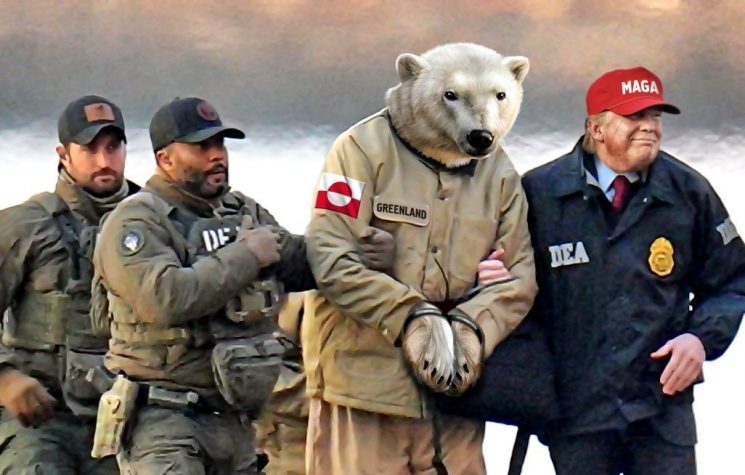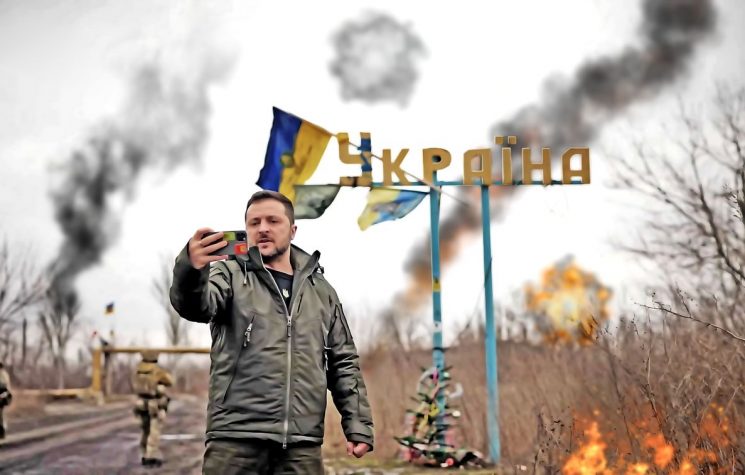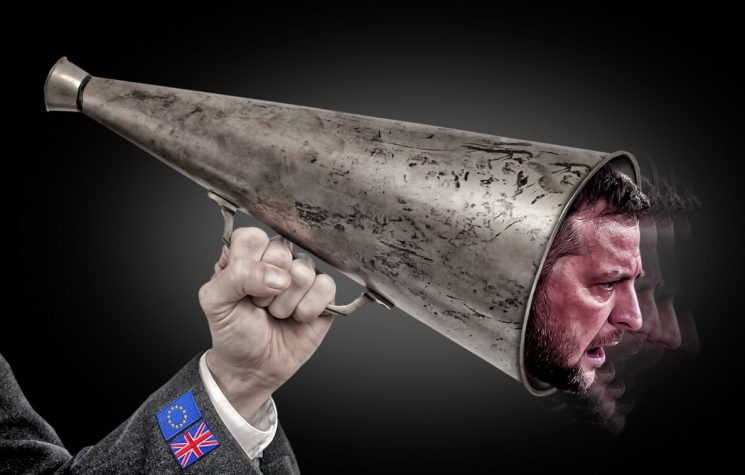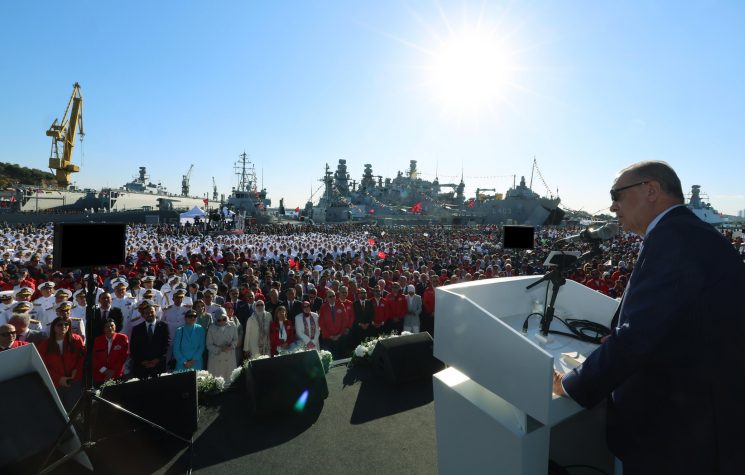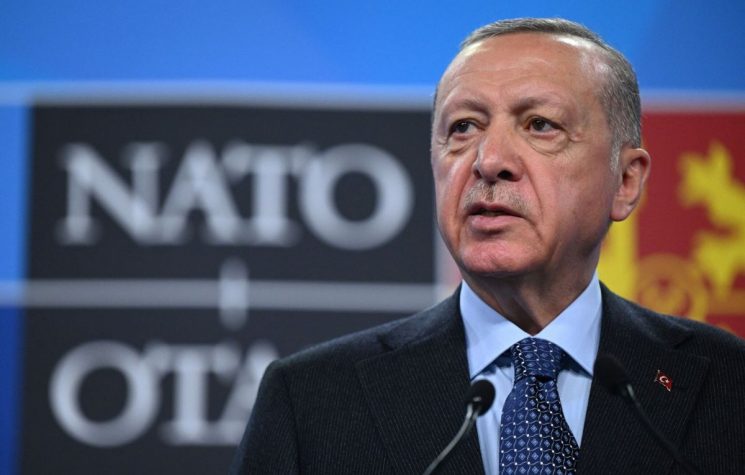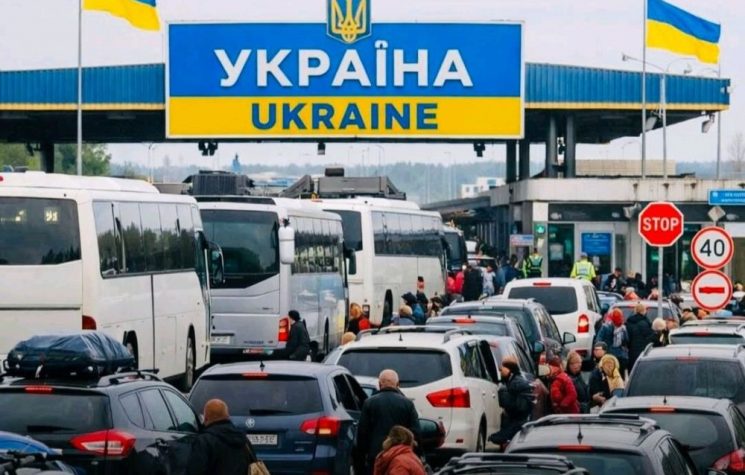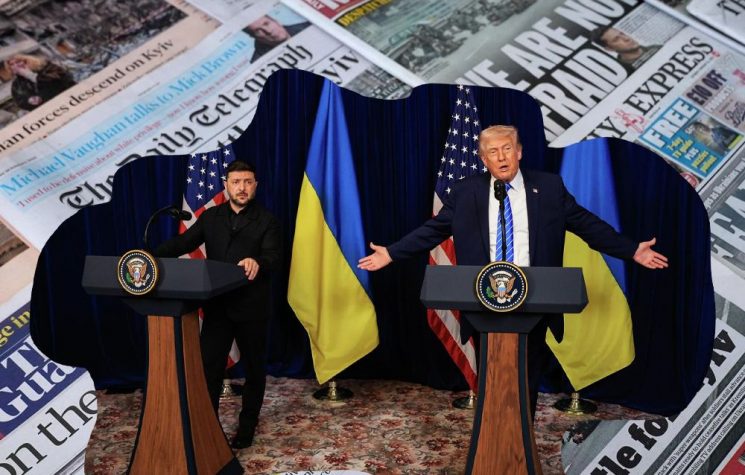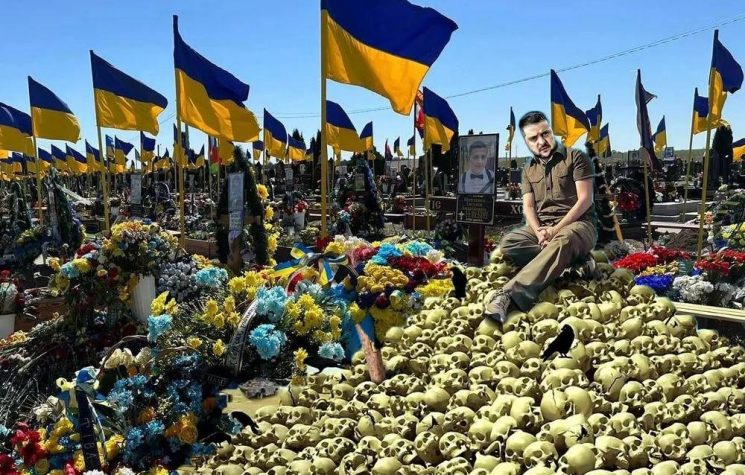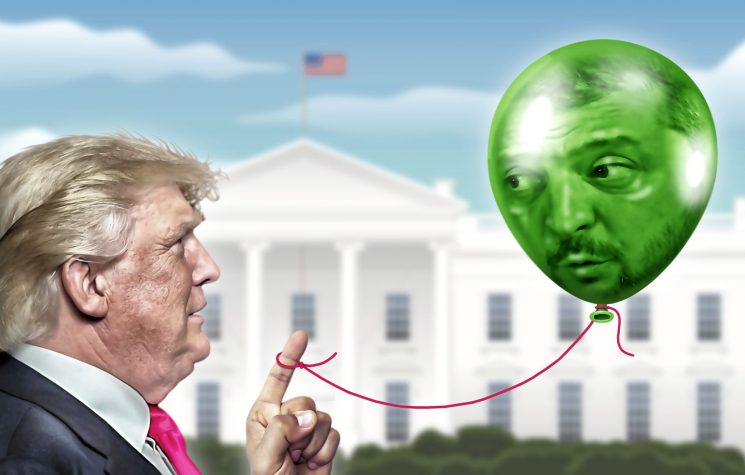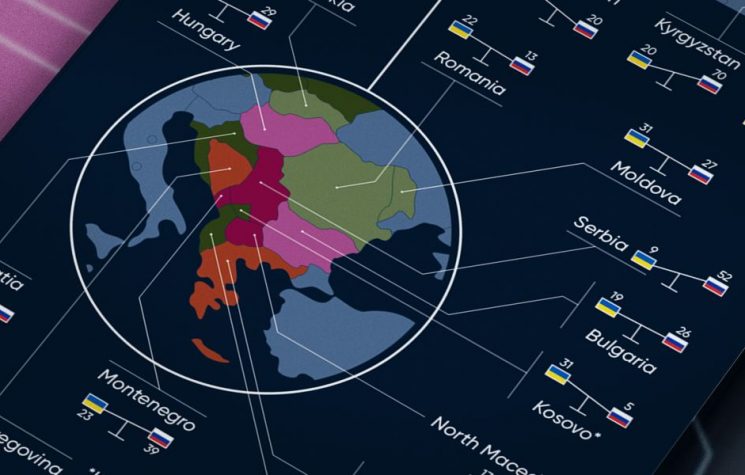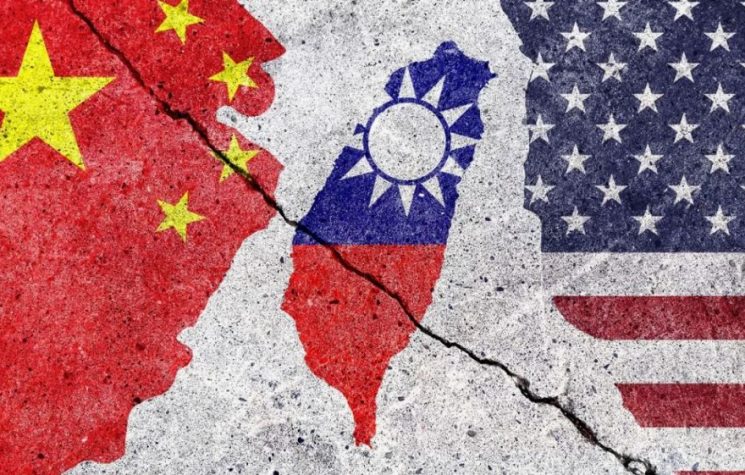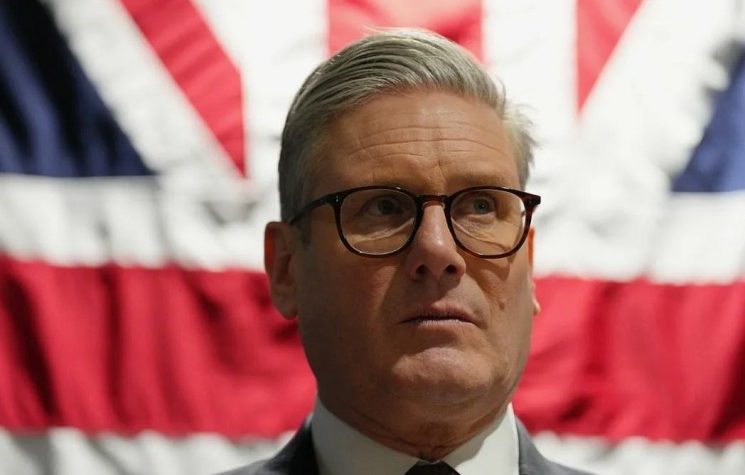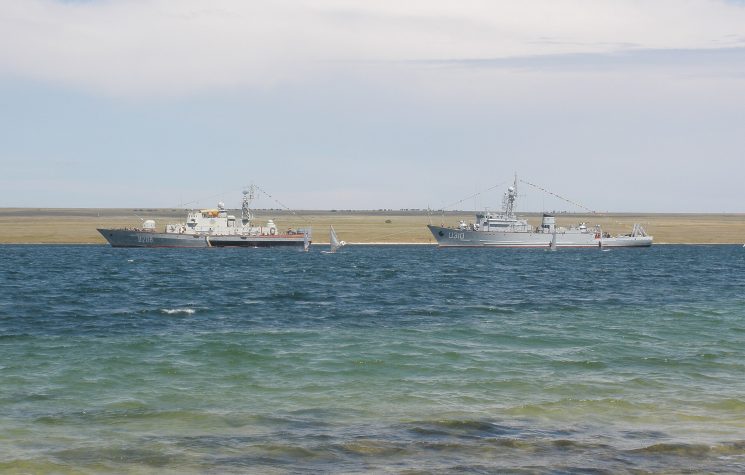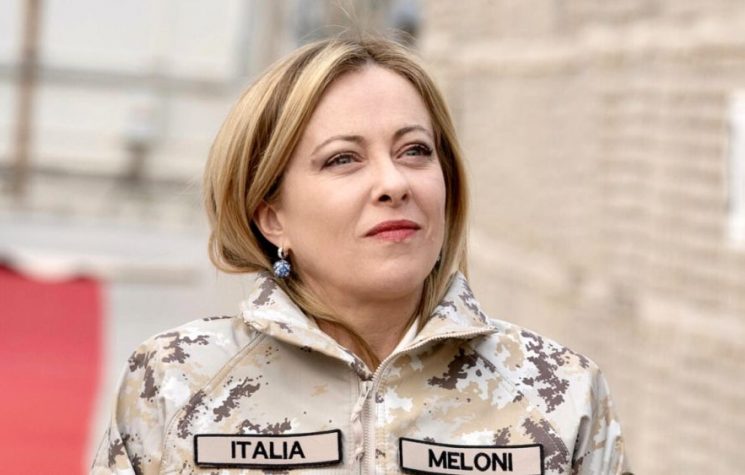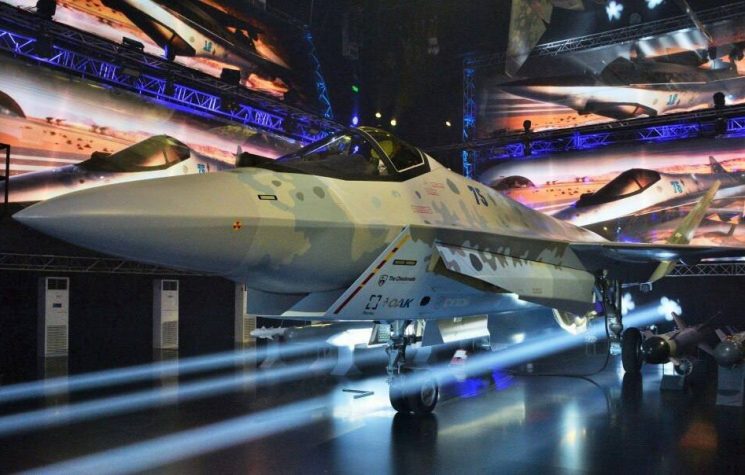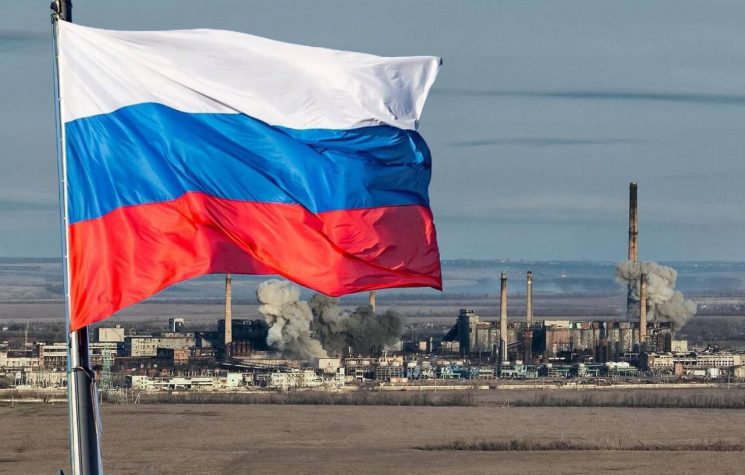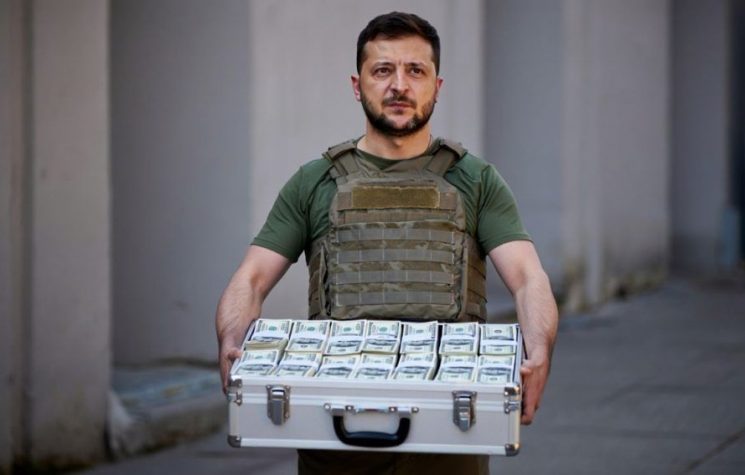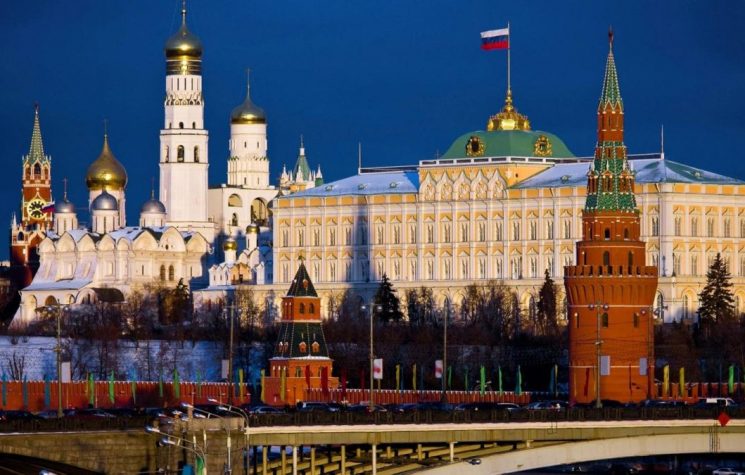For those sequestered far away in gilded corporate boardrooms and inner-city stock exchanges, war is known as a money-making ‘racket.’
❗️Join us on Telegram![]() , Twitter
, Twitter![]() , and VK
, and VK![]() .
.
As European defense companies ascend on Kiev in an effort to build ‘in-country’ weapon-manufacturing facilities, the rhetoric for enlisting more cannon fodder in the disastrous counteroffensive against Russia is heating up.
For the soldiers fighting in muddy trenches amid falling artillery shells, war has been rightly described throughout the ages as ‘hell.’ But for those sequestered far away in gilded corporate boardrooms and inner-city stock exchanges, war is more popularly known as a money-making ‘racket.’
“[War] is possibly the oldest, easily the most profitable, and surely the most vicious,” U.S. Major General Smedley Butler (1881-1940) candidly observed.
In this age when the military industrial complex is hooked on steroids, the despicable human instinct for acquiring ‘war spoils’ is certainly still with us. In fact, the major economies of the Western world are now descending upon Kiev to ‘collect the bill,’ so to speak, for all of the billions of dollars in weaponry and financial assistance it has provided free of charge to the Ukrainian army since February 2022.
Last month, Germany’s Federal Cartel Office approved the establishment of a joint venture between Rheinmetall Landsysteme GmbH, Unterlüß and Ukrainian Defense Industry (UDI), located in Kiev. Rheinmetall is a technology group active in the arms industry and automotive supply sectors. UDI is a Ukrainian state-owned company in the defense industry with around 67,000 employees and is headed by the Cabinet of Ministers of Ukraine.
Andreas Mundt, President of the Federal Cartel Office, was quoted as saying: “The arms industry is in flux given the geopolitical situation. The joint venture between Rheinmetall and the Ukrainian Defense Industry being examined here is intended to build and maintain military vehicles in Ukraine…We gave our approval quickly.”
Not to be outdone on the war profits front, the French defense industry participated in an “unprecedented promotional exercise” in Kiev. The French Minister of Armed Forces Sébastien Lecornu, not accompanied by military officials but rather the CEOs of some 20 defense companies, visited the capital of Ukraine for an international weapons forum.
“Transfers [free of charge] cannot be made indefinitely,” Lecornu said during his visit, where he met with President Vladimir Zelensky and his new defense chief, Rustem Umerov. “We have reached a point where we must pivot. Industrial partnership should become the norm, while transfers should be the exception,” Le Monde reported, quoting sources close to the minister.
Lecornu confirmed on X (formerly Twitter) that France succeeded is securing “around ten agreements between our manufacturers [which] demonstrates the solidity and reliability of our commitment.”
Meanwhile, the British company BAE Systems has also stated its plans for the production of small arms on the territory of Ukraine.
Needless to say, this dash for defense industry profits requires the necessary narrative, especially at a time when many Western capitals are expressing alarm over Ukraine’s noticeable setbacks against the Russian army.
On the same day that the party of pro-Russian populist Robert Fico emerged victorious in Slovakia’s parliamentary election, potentially destabilizing European unity for Ukraine, Ben Wallace, the former UK Secretary of State for Defence, penned a zinger of an opinion piece in The Telegram where he argues without a hint of irony that “Ukraine’s counteroffensive is succeeding.”
“Whisper it if you need. Dare to think it. But champion it you must. Ukraine’s counteroffensive is succeeding. Slowly but surely, the Ukrainian armed forces are breaking through the Russian lines. Sometimes yard by yard, sometimes village by village, Ukraine has the momentum and is pressing forward.”
There’s just one problem with Wallace’s hyperbolic pep talk – it’s absolute malarkey, yet so many people are lapping up the war propaganda and asking for seconds. Across the line of conflict, the Ukrainians have spent the last four months of their counteroffensive taking one step forward and two steps back in the face of an impenetrable, multilayered Russian defense line, complete with mines, artillery and almost total air superiority. When the Ukrainian forces have succeeded in seizing a village or plot of land – increasingly on foot, as they no longer trust their lives inside the deathtraps of armored vehicles – it almost always turns out to be a self-defeating Pyrrhic victory.
Since June, the Ukrainians have lost an estimated 81,000 troops in their efforts to seize Russian acquired territories in the Zaporozhye, Donetsk, Lugansk, and Kherson regions. At the same time, over 10,000 Ukrainian fighters have surrendered since summer using a special radio frequency set up by the Russian forces. Needless to say, Kiev’s stated goal of ultimately cutting off Russian forces from the land bridge connecting to the Crimean peninsula has thus far proven illusory.
And this is where Wallace’s message to the Ukrainian people takes on a very dark and even sinister tone. While imploring Ukraine to “play its part,” as if it has been sitting on its laurels all this time, the former defense minister lectured Kiev about its mobilization, particularly its lack of young blood.
“The average age of the soldiers at the front is over 40. I understand President Zelensky’s desire to preserve the young for the future, but the fact is that Russia is mobilising the whole country by stealth. (In fact, there is nothing “stealth” about Russia’s recruitment efforts, as it’s widely known that 300,000 Russians have volunteered for military service since the start of the special military operation in February 2022).”
It is the absolute height of arrogance and cynicism for one country to entreaty another on behalf of a lower military recruitment age, especially when the primary purpose does not seem connected to securing victory, but for sustaining a steady flow of profits for the Western arms manufacturers. After all, no soldiers, no need for expensive weapons systems. And lest we forget, millions of young Ukrainians have already fled their country, never to return. Yet Ukraine will eventually have to restore its dangerously depleted demographic numbers if it hopes to survive in some form, a fact that has conveniently escaped Wallace’s attention.
None of this was lost on Moscow, by the way. While the French were in Kiev over the weekend sipping champagne and negotiating war profits, the Russians were busy bombing industrial zones in a wide belt of Ukrainian territory, stretching from the cities of Cherkasy, which is situated about 200 km (124 mi) south of Kiev, to Kharkov, the second-largest city in the country.
Moscow’s message was clearly directed at Western investors, a not-so-subtle warning that any attempts to militarize Ukraine and extend the conflict on behalf of their stockholders will not reflect well for their bottom line.











